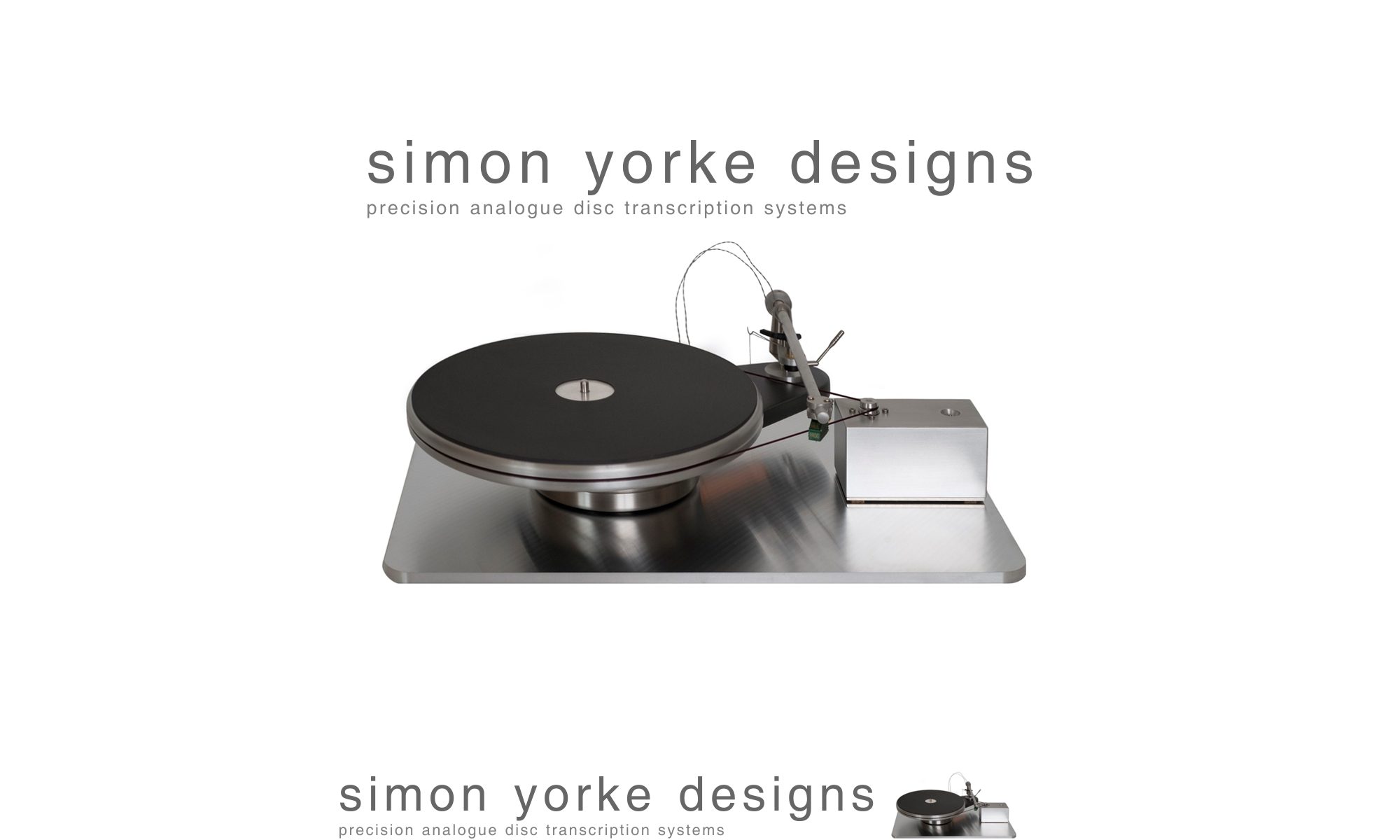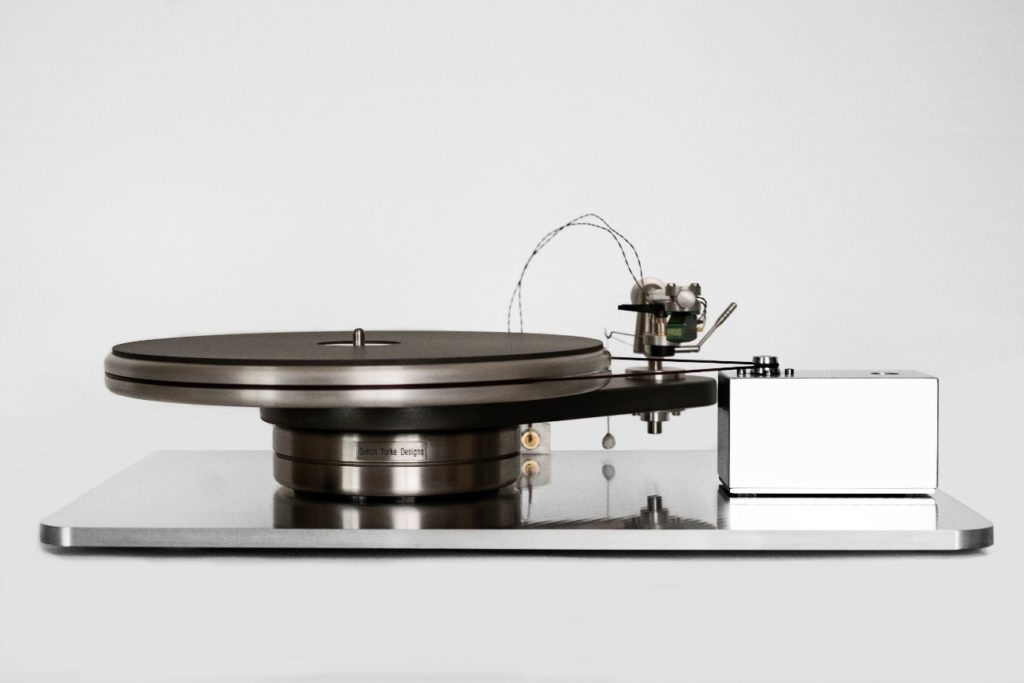I have had
one of Jan’s MC1 cartridges for, well, ages. At least 20 years. Since we first
knew one another. It has been a mainstay in both my developmental research and
private listening for most of that time. Yes, of course, I have used many
different cartridges over the years, for a variety of reasons, but when it
comes to sitting down with a glass of wine for a well-earned music-listening
session at the end of the day, Jan’s MC1 invariably rules the roost. At least,
that was the case until recently.
This year,
imprisoned in my house by feckless bureaucrats desperate to be seen to be
‘doing something’ (even though it was the wrong thing) I rather fancied that my
MC1 was worn out, or at the very least lacklustre. It just didn’t have the same
gusto and panache as before. It seemed tired and disinterested, unable to buoy
my own sense of fatigue, my craving to be uplifted by the joys of music.
So, I
installed something else and, for a while, I was content. It was something new
and different, a-change-is-as-good-as-a-rest kind of thing. But it lacked the
balance and maturity of the MC1. It offered excitement, yes, but at the expense
of the MC1’s quiet sophistication. You know when you experience something that
is ‘just right’? There is no need to analyse it, to ask why. You simply
acknowledge that it has an equilibrium well-matched to the universe and leave
it at that.
I was thus
a troubled man. A man whose musical partner (in this case a cartridge) was out
of sorts. I needed assistance, and Jan came to the rescue: “Just send it to me”
he said, “and I’ll see what I can do.”
I packaged
my beloved MC1 with great care and, despite being prohibited from buying shoes,
walked to my local shipping agent, who assured me it would journey its way back
to its maker in Belgium promptly. They were true to their word: Jan confirmed
receipt of it a few days later (relief touched my brow) and assured me he would
attend to it as soon as time and silly rules permitted. Both persisted
unreasonably.
Belgium
came to occupy the headlines with harrowing tales of death, and fear of death.
Death: the ultimate statistic. I feared for the well-being of my cartridge, and
the man responsible for its birth, and now its resurrection. Emails went
unanswered. Oh god.
And then,
out of the blue, I received advice that my MC1 was reborn, sporting a new
stylus and cleansed of a decade or two of dust, dog hair and other detritus.
Better still, it was on its way back to me. It arrived in a surprisingly large
box which I opened immediately. And there it was, that familiar golden cube of
greatness, my old friend, that trusted stalwart of my private and professional
life, ready and waiting for its rightful place in my music machine.
It didn’t
take me long to set it up again (I’m a dab hand at this malarkey by now) and
press it into action. The MC1 sports big, bold sides – very helpful in the
alignment process – and a wonderful nipple on its underside to protect the
stylus from careless handling. Jan said it would need 10 hours to run in. I
managed that in two listening sessions. Apparently, it has a new, expensive,
FGS (Fucking Good Stylus?) diamond tip, perched on a boron cantilever (handy if
your nuclear reactor needs subduing) and it glided through my vinyl grooves
with panache and alacrity, as though they were lubricated. Boy, does this thing
track seamlessly: zero fuss, zero drama. A pleasure to behold.
Actually, I
think it really came to life after 20 hours in the saddle of my ancient S9. Feeding
it with old Blue Note, Riverside, Columbia and Prestige discs from the 1950s,
jazz came alive in my room once more, sensual and salubrious, calm and
collected, effortless alliteration. God, how I missed this magic. Could it be
possible that it was better than ever? Yes, I think so. A new diamond for old
ears, almost biblical.
The sound
is rich and mature, but not so much as to promote gout. It is masculine (am I
even permitted to use such a word these days?), confident and bold, yet capable
of great nuance. It does exactly what it is supposed to do, without melodrama
or exaggeration. Like good, wholesome food, there is no need for a drizzle of
brightly coloured sauce splashed around the edge of the plate – just give me
straight up, honest fare to nourish myself. In this respect, the MC1 delivers
unfailingly. It lets me know when the disc in play is of inferior quality, and
yet delivers the music uncritically. Digitally mastered discs sound digitally
mastered, original analogue discs sound like original analogue discs. It even
sailed through a nastily warped Prince record without skipping a beat (no other
cartridge I have tried has managed this feat).
It doesn’t
discriminate either (another accusation avoided), presenting rock as rock, jazz
as jazz and classical as, well, classical. Pink Floyd’s analogue recordings
sound just as they did when I was a spotty teenager. Sonny Rollins’ tenor sax
blows bold and vociferously. Debussy’s scented panorama floats effortlessly in
the evening air. Electronic music from the 1990s makes me want to dance,
nineties-style. In short, the MC1 does exactly what it says on the tin: it
gives out precisely what the groove contains, without bullshit, exaggeration,
or annoyance. It doesn’t keep you on the edge of your chair, ready to leap up
and make audiophilic adjustments every few minutes. Rather, it encourages you
to just listen and enjoy. What more could one possibly ask of a cartridge?
This is
highly competent, skilful engineering. Jan should be proud of his work. First-rate
musical work.


